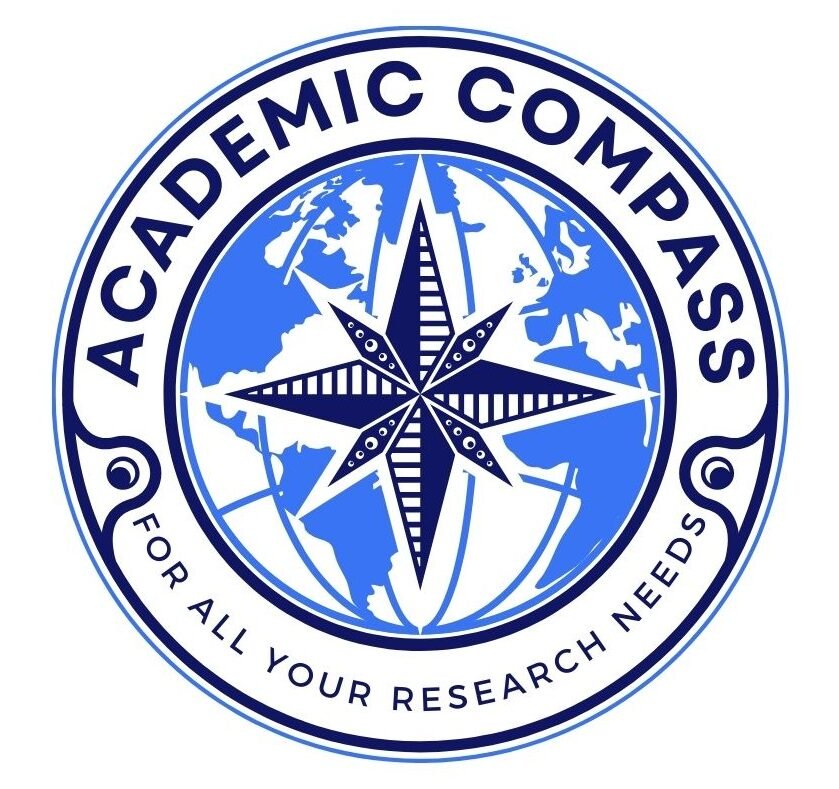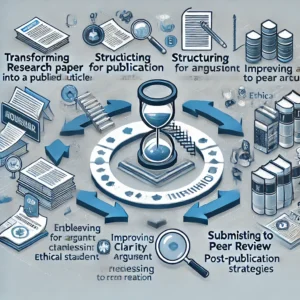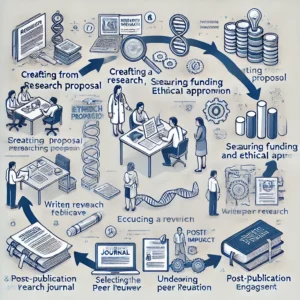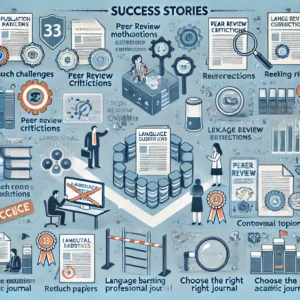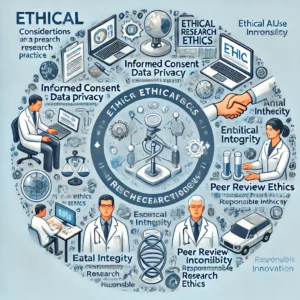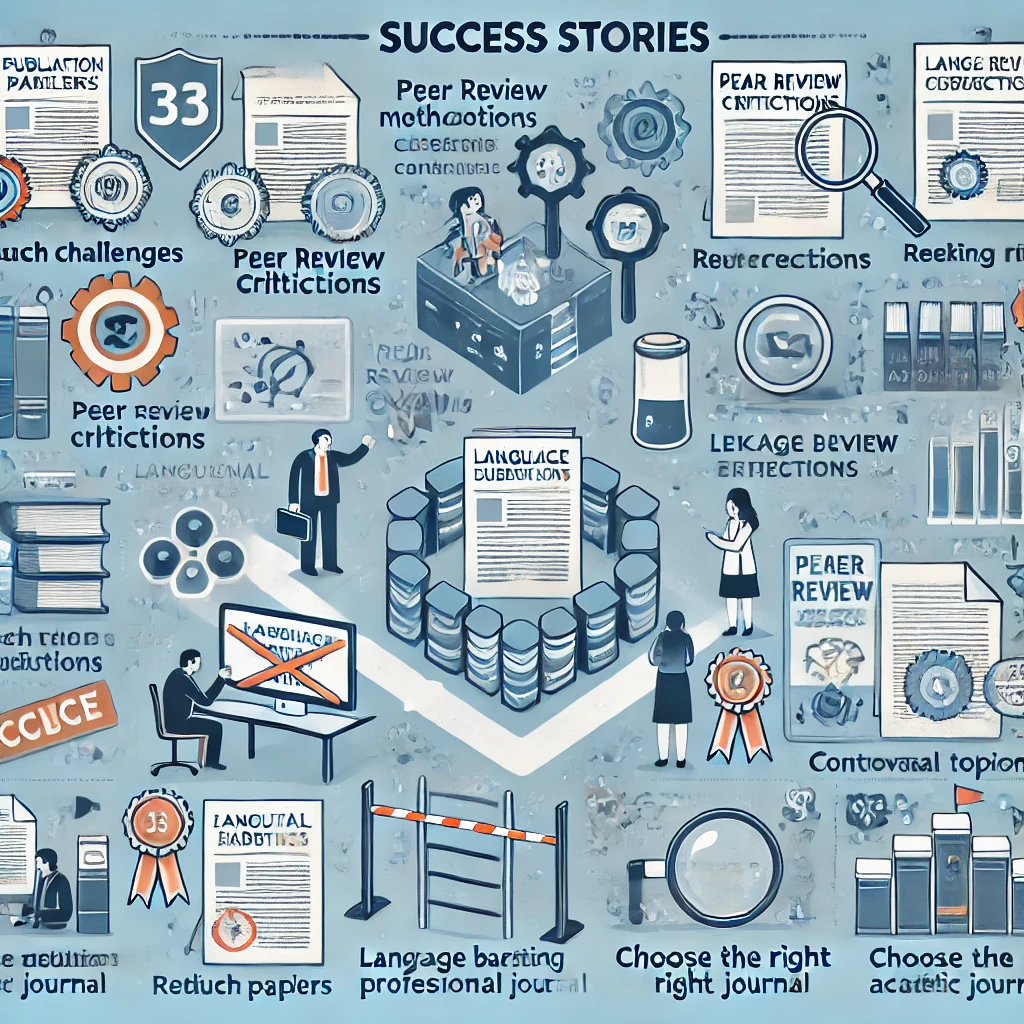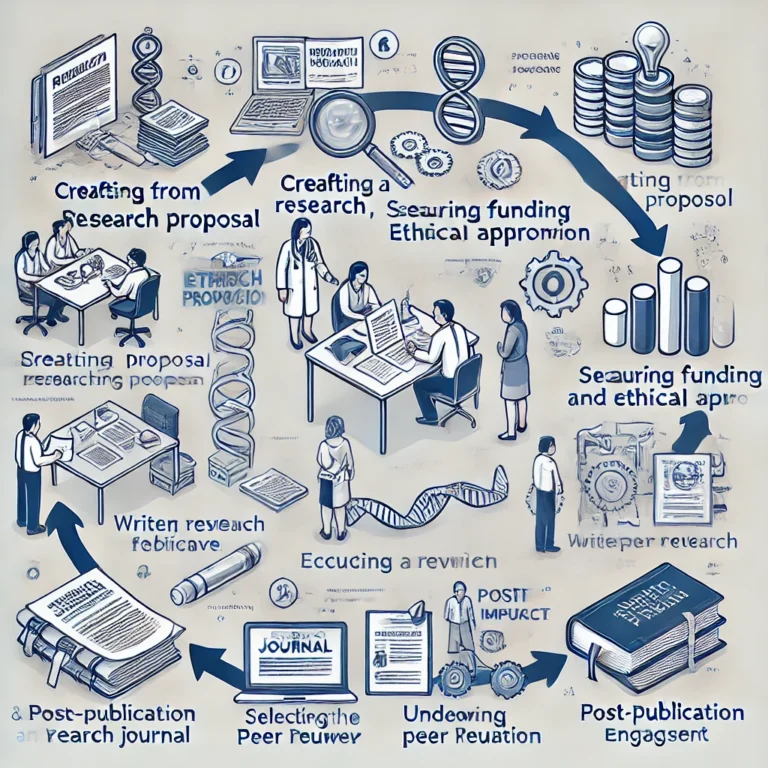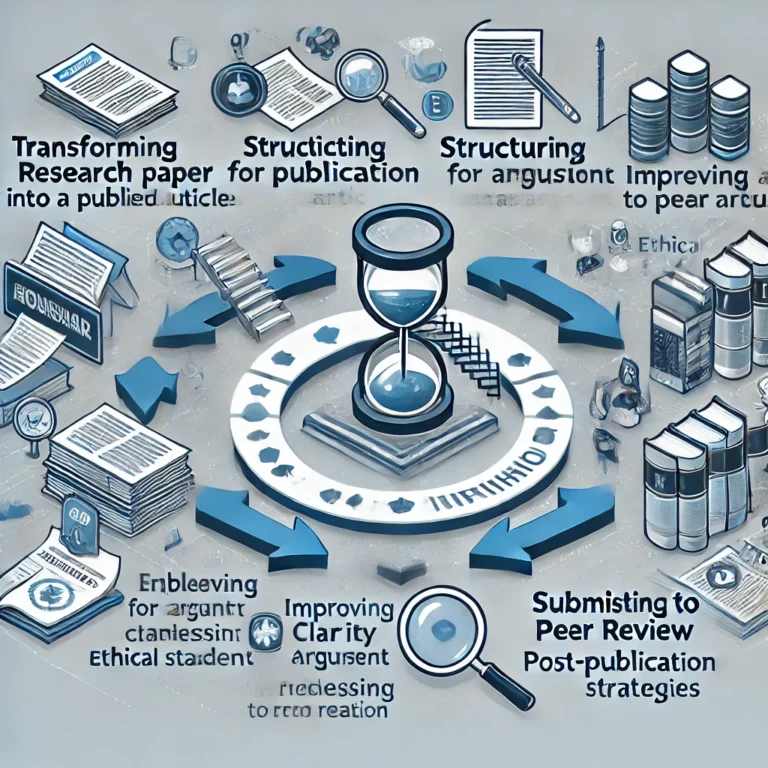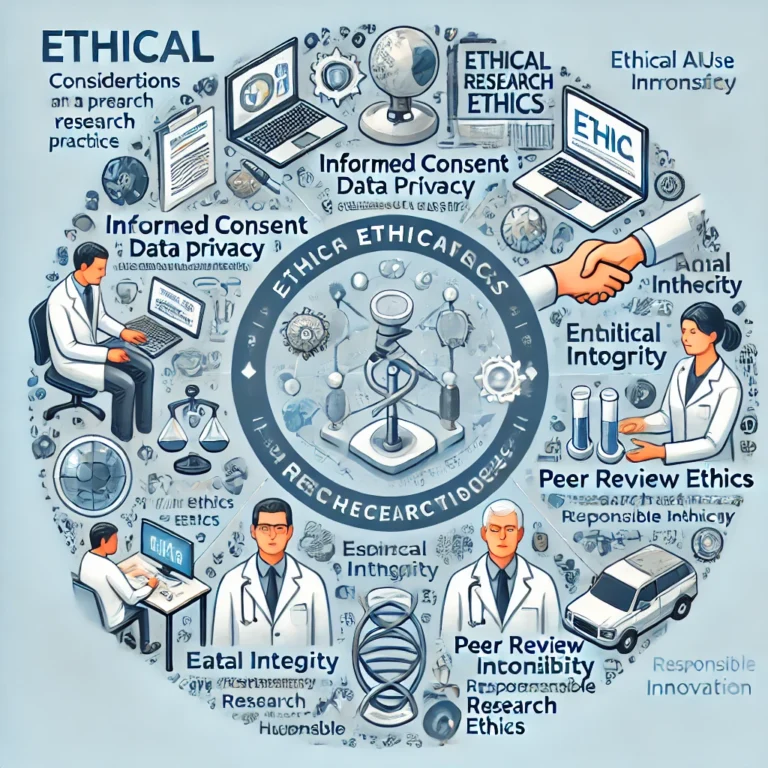Publishing in high-impact journals is a challenging process, often marked by rejections, extensive revisions, and unexpected obstacles. Below are inspiring success stories of researchers who navigated these hurdles and achieved publication success.
1. The Resilient Biologist: From Multiple Rejections to a Breakthrough
Researcher: Dr. Emily Carter, a molecular biologist
Topic: The discovery of a novel enzyme that could break down plastic waste.
🔹 Challenges Faced:
- Five consecutive rejections from major journals.
- Reviewers questioned the reproducibility of the findings.
- Initial statistical methods were deemed insufficient.
🔹 How She Overcame It:
✅ Conducted additional experiments to strengthen reproducibility.
✅ Consulted a biostatistician to refine statistical analysis.
✅ Revised and resubmitted to Nature Communications, where it was accepted after two rounds of revisions.
🔹 Outcome: The research gained global recognition and influenced biodegradable plastic development.
2. The Social Scientist Who Reshaped His Paper for the Right Journal
Researcher: Dr. Samuel Lee, a sociologist
Topic: The impact of remote work on employee mental health.
🔹 Challenges Faced:
- Original submission to an economics journal was rejected as “not fitting the scope.”
- Struggled to find the right journal that valued interdisciplinary perspectives.
- Faced delays due to journal backlog during COVID-19.
🔹 How He Overcame It:
✅ Reframed the paper with an emphasis on workplace psychology.
✅ Submitted to a social sciences journal (Journal of Occupational Psychology), aligning better with the audience.
✅ Adapted the findings into a policy brief for wider dissemination.
🔹 Outcome: The paper was published and cited in government remote work policies.
3. The Young Physicist Who Overcame Language Barriers
Researcher: Dr. Li Wei, a physics Ph.D. student from China
Topic: Quantum computing algorithms for cryptography.
🔹 Challenges Faced:
- Struggled with academic English, leading to reviewer criticism.
- Received feedback on unclear explanations of equations.
- Faced imposter syndrome after a harsh rejection.
🔹 How He Overcame It:
✅ Used Grammarly and worked with a professional academic editor.
✅ Collaborated with a native English-speaking co-author to refine explanations.
✅ Submitted to Physical Review Letters after improvements.
🔹 Outcome: The research was published and widely cited, contributing to quantum cybersecurity advancements.
4. The Medical Researcher Who Battled a Controversial Topic
Researcher: Dr. Maria Torres, a medical researcher
Topic: A study on alternative treatments for chronic pain.
🔹 Challenges Faced:
- Pushback from conservative medical reviewers skeptical of non-traditional treatments.
- Required additional clinical trials to validate findings.
- Faced bias in peer review due to the topic’s unconventional nature.
🔹 How She Overcame It:
✅ Expanded the dataset with additional trials to strengthen evidence.
✅ Submitted to an open-access journal (BMC Medicine) to reach a broader audience.
✅ Engaged with scientific communities to promote discussion around the findings.
🔹 Outcome: The study gained widespread attention, influencing alternative medicine research policies.
Lessons from These Success Stories
✅ Persistence Pays Off – Rejections are part of the journey; refining and resubmitting improves chances.
✅ Find the Right Journal – Tailoring research to a suitable publication is crucial.
✅ Seek Professional Help – Editors, statisticians, and colleagues can enhance clarity and impact.
✅ Engage in Scholarly Discussions – Presenting findings at conferences or in policy discussions increases visibility.
Would you like a visual representation of these success stories or a guide on handling rejections effectively? 😊
